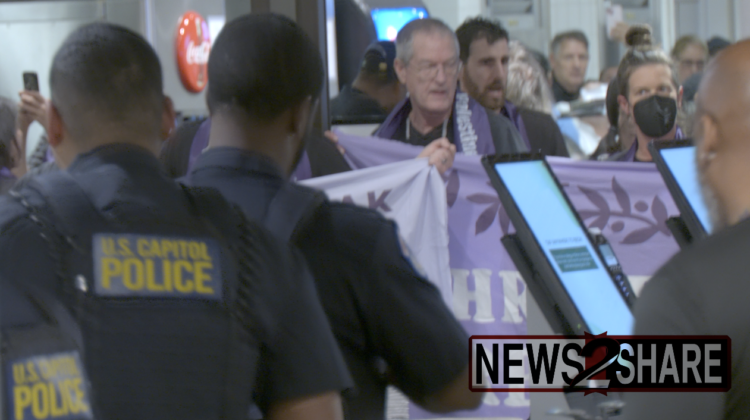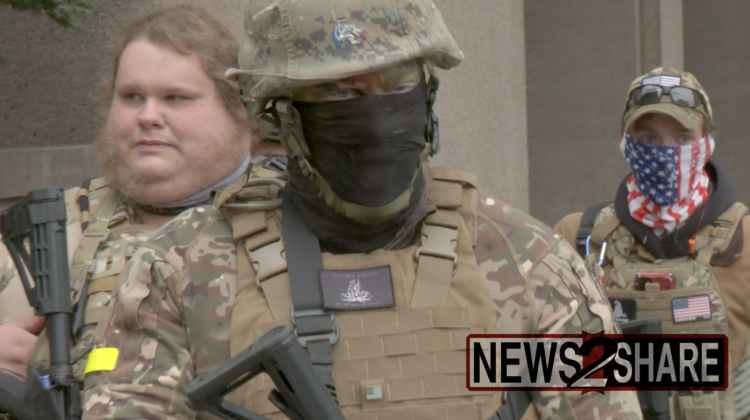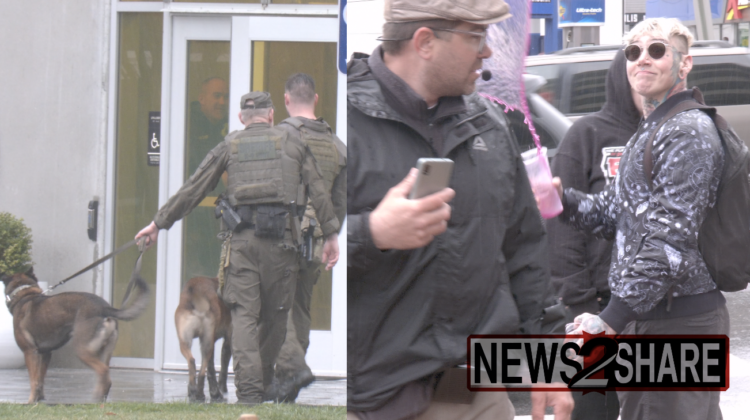The U.S. Senate passed the “Allow States and Victims to Fight Online Sex Trafficking Act” (FOSTA) that cleared the House of Representatives in late February. The bill’s only “nay” votes were Kentucky Senator Rand Paul (R) and Oregon Senator Ron Wyden.
The bill would criminalize online prostitution ads in an exemption of Section 230, the federal provision shielding web publishers and platforms from liability for what their users post.
Craigslist has already responded, entirely shutting down the “personals” section of their website:
US Congress just passed HR 1865, “FOSTA”, seeking to subject websites to criminal and civil liability when third parties (users) misuse online personals unlawfully.
Any tool or service can be misused. We can’t take such risk without jeopardizing all our other services, so we are regretfully taking craigslist personals offline. Hopefully we can bring them back some day.
To the millions of spouses, partners, and couples who met through craigslist, we wish you every happiness!
Under FOSTA, Craigslist itself could be civilly or criminally responsible for sex work being sold through its site posts.
News2Share spoke to a handful of actual sex workers to see what they think of the law. The passage of the bill is already having an affect on their online lives, way beyond Craiglist.
Implications for Social Media
 “It will absolutely not stop trafficking. It may result in less reports of trafficking, but that helps no one,” said Liara Roux (link not safe for work), a sex worker and indie porn director/producer. “It’s already had an insane chilling effect on online speech, within 24 hours resulting in advertising, safety and harm reduction resources coming down, as well as communities of consensual sex workers being banned from sites like reddit.”
“It will absolutely not stop trafficking. It may result in less reports of trafficking, but that helps no one,” said Liara Roux (link not safe for work), a sex worker and indie porn director/producer. “It’s already had an insane chilling effect on online speech, within 24 hours resulting in advertising, safety and harm reduction resources coming down, as well as communities of consensual sex workers being banned from sites like reddit.”
Many sex workers use Twitter, which has relatively relaxed terms and conditions related to nudity and sex work. Roux says many users are frantically self-censoring their profiles to avoid being banned. The bill is retroactive, so Twitter could be liable for users’ tweets before the bill passed.
“Saying that this is an anti-sex trafficking bill is like saying that the patriot act is a pro-patriot bill,” Roux added. “Limiting access to safe online advertising for sex workers to save sex workers is like limiting access to safe abortions to protect women. It’s insane.”
Free Speech
Anna Moone (link not safe for work), a porn performer, activist, and public educator, says the bill has broader free speech implications. “SESTA is going to end the internet as we know it,” she says. “By making websites civilly and criminally liable for the content that is posted on them, websites will have no choice but to ban all kinds of open discussion for fear of someone discussing something illegal. You’ve already seen this with Craigslist closing all dating boards and Reddit shutting all sales boards. It’s only a matter of time until Facebook and Twitter have to censor posts too. The result will be the end of free speech on the internet.”
She says that even if people are against sex work, they should still be worried about this bill. “Sex workers are obviously hit hardest by this, but this is not just about sex work by any means. Even if you are opposed to sex work – which you shouldn’t be but whatever – you should still be terrified by SESTA because it broadness will impact everyone’s speech rights.”
Kitty Stryker, a former sex worker and the editor of Ask: Building Consent Culture, echoed that sentiment. “One thing I’m particularly worried about, as someone who left survival sex work to become a writer, is that SESTA will encourage social media platforms to preemptively stigmatize sex workers – a move that will not only target current sex workers, but also ex sex workers, sex educators, and anyone else potentially considered ‘sexually deviant,'” she explained. “Facebook has already demonstrated the danger of vague bans, when women were (and still are) punished for saying “white men are trash” while racists are allowed to say whatever they like about black children.”
Safety
The consensus of sex workers seems to be that the bill will make their lives less safe. Online tools allow sex workers to communicate with one another, perform background checks on potential clients, and more. SESTA could criminalize websites that allow such discussions.
“People will die, and probably already have been hurt, due to losing these safety resources,” Roux said. “And people are definitely going to miss their rent next month, people will be on the street who have been able to work in safer manners due to online advertising and screening.”
When asked what policies would make sex workers safer, the consensus seemed to be that instead of more broadly criminalizing sex work, the government should lean toward decriminalizing it.
“Giving sex workers amnesty to talk to law enforcement about trafficking and sexual violence would go a long way towards protecting vulnerable people,” Stryker told News2Share.
“Decriminalization would actually be the best thing to do for victims of trafficking. Right now many of them don’t come forward because they risk being arrested themselves! As we saw with major cases around the country in the last couple years, many times law enforcement is involved in non-consensual sex. Cops rape sex workers, cops lie,” Roux added. “If it was decriminalized, I would be first through the door helping bring screening and safety tip websites to the technical level as other sites on the internet and fully funding them. But right now it’s risky for people to even share google documents with safety tips.”
President Trump is expected to sign the bill.












No Comment